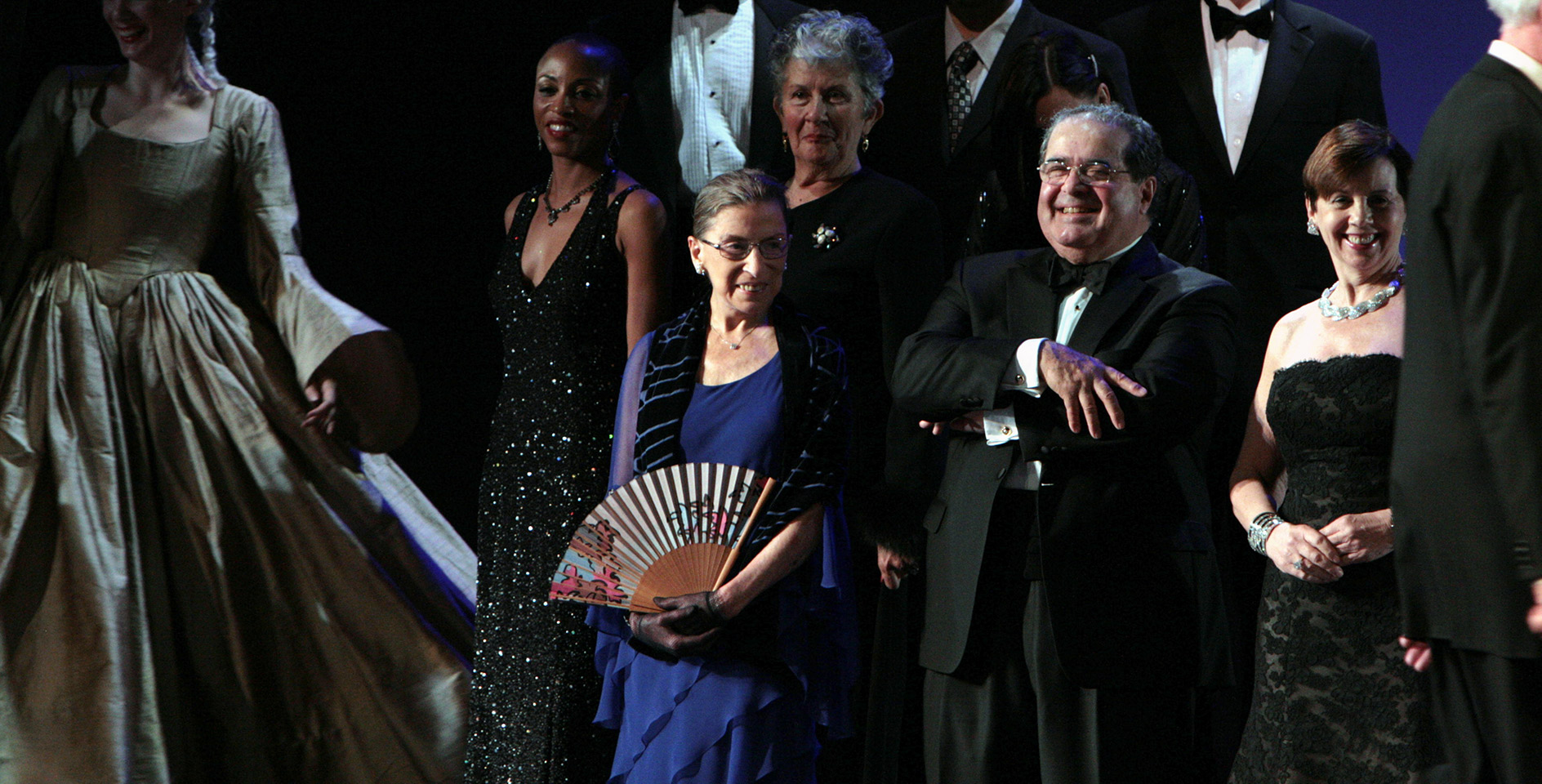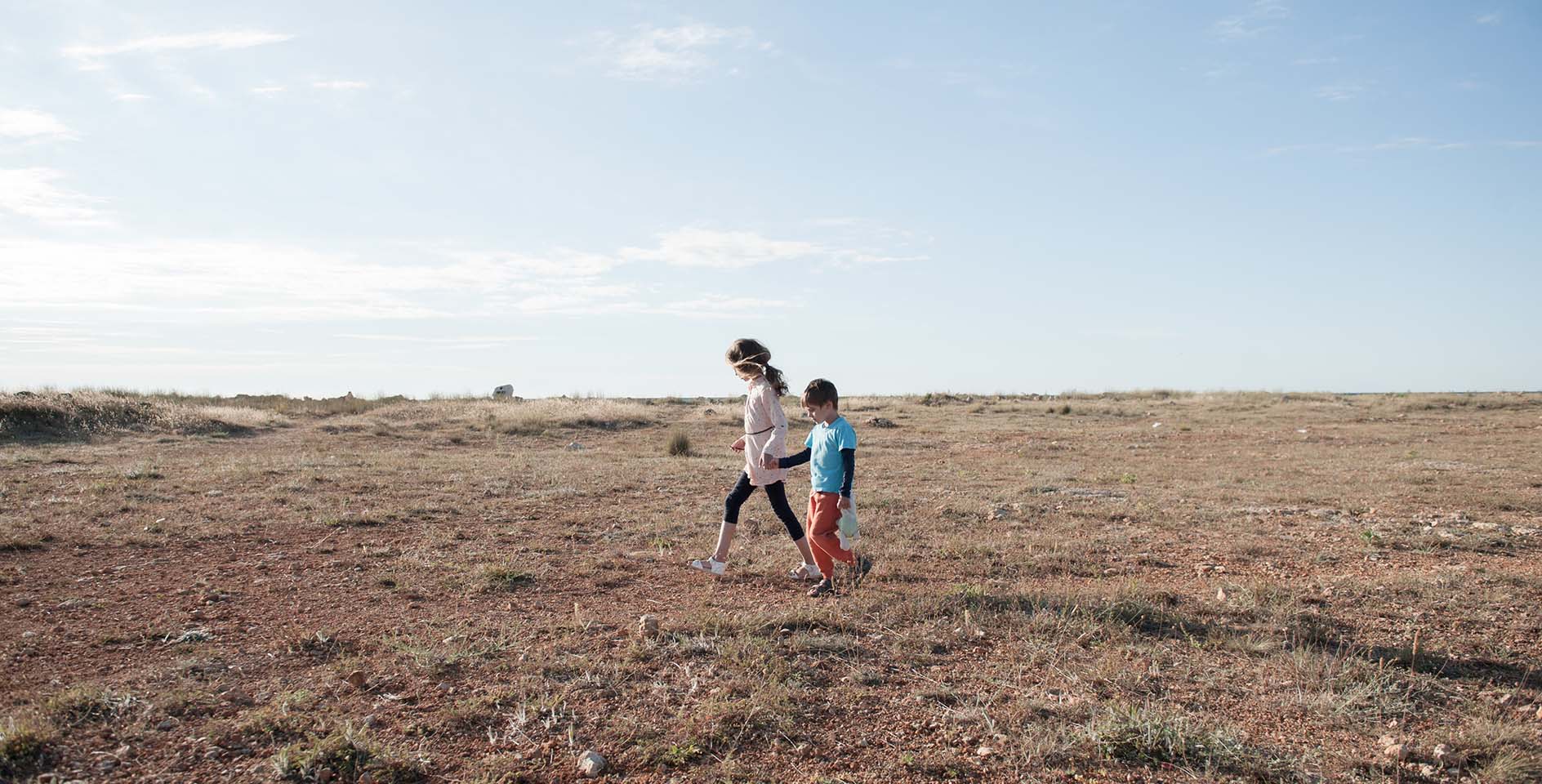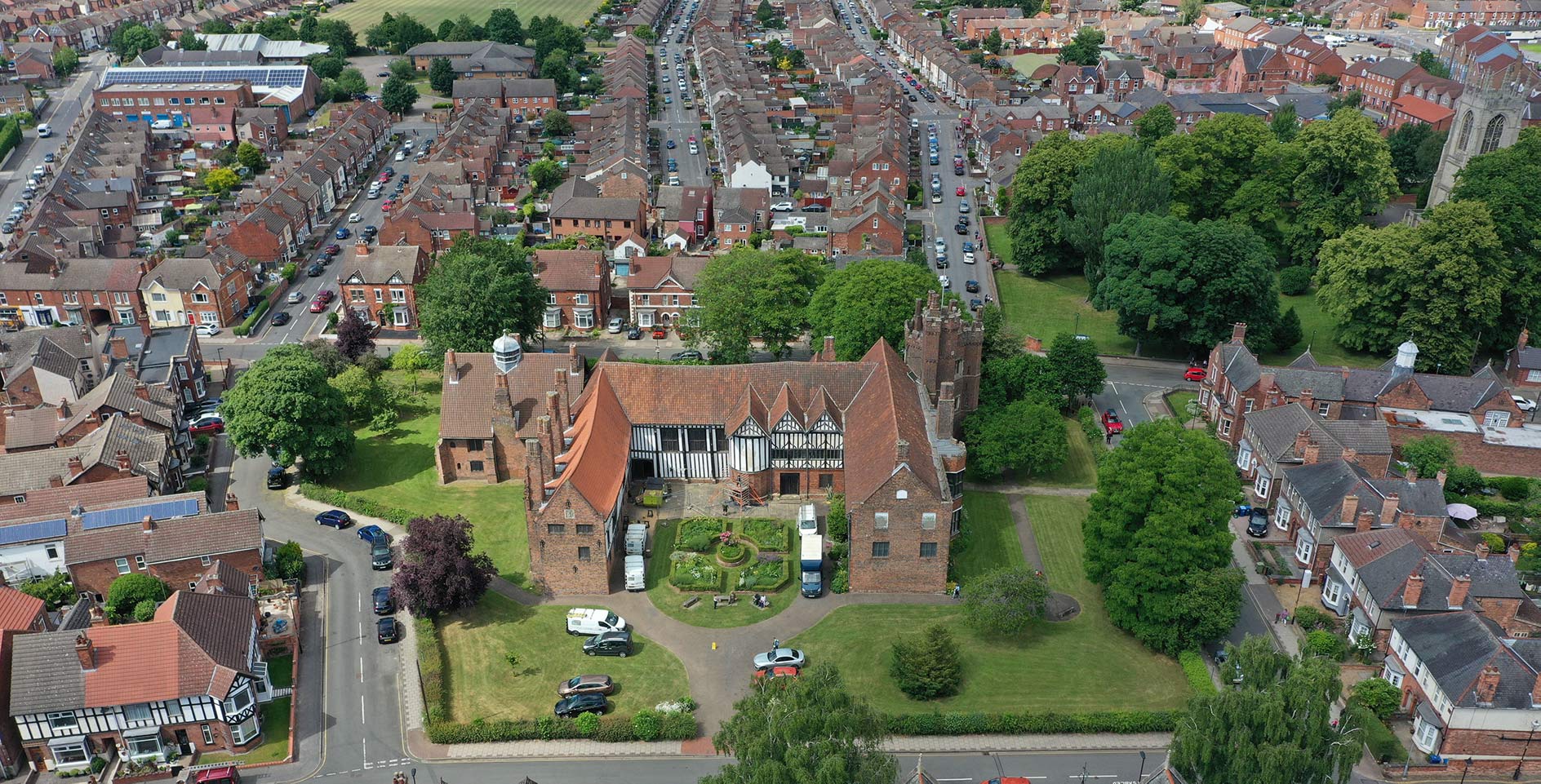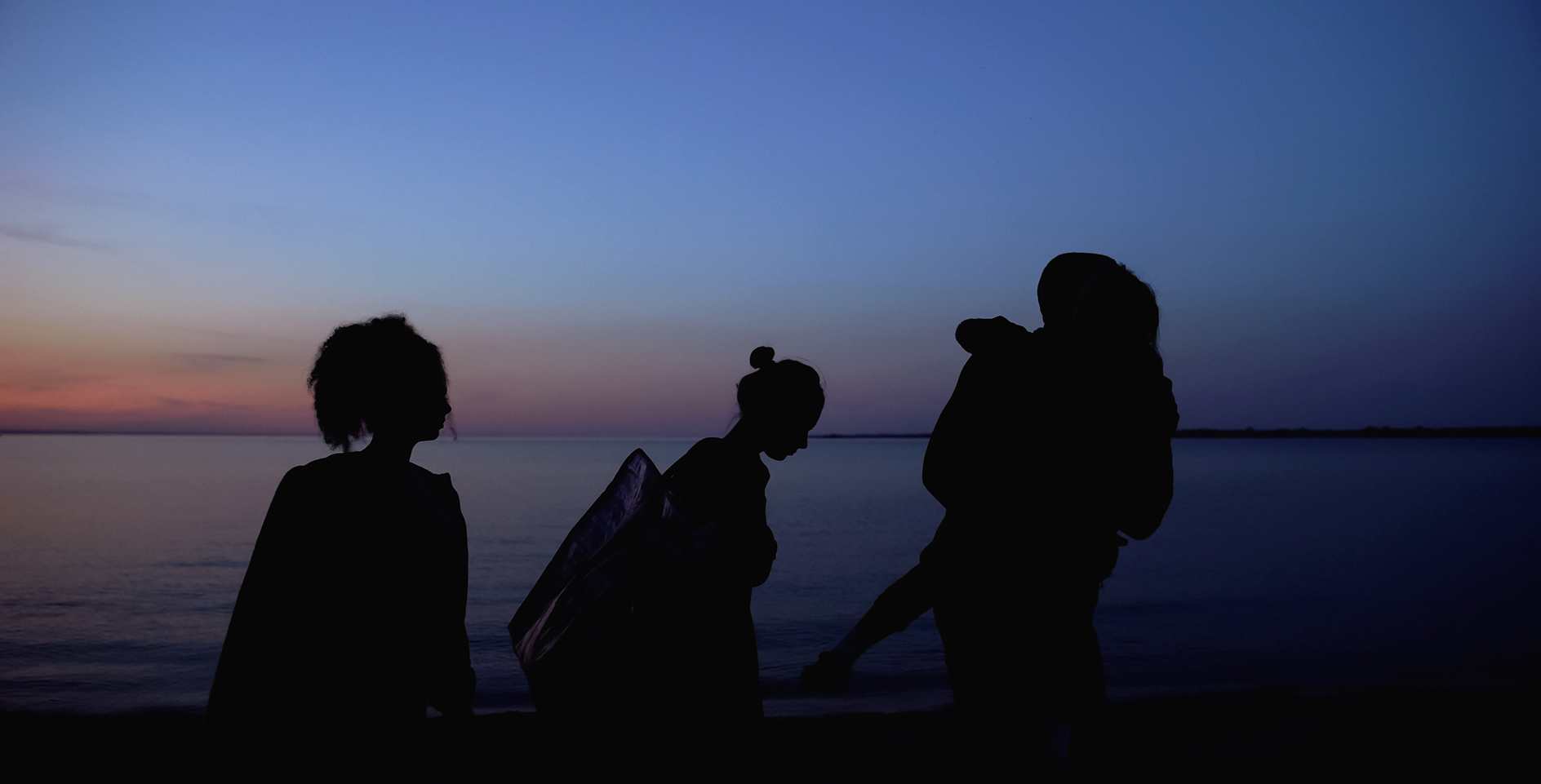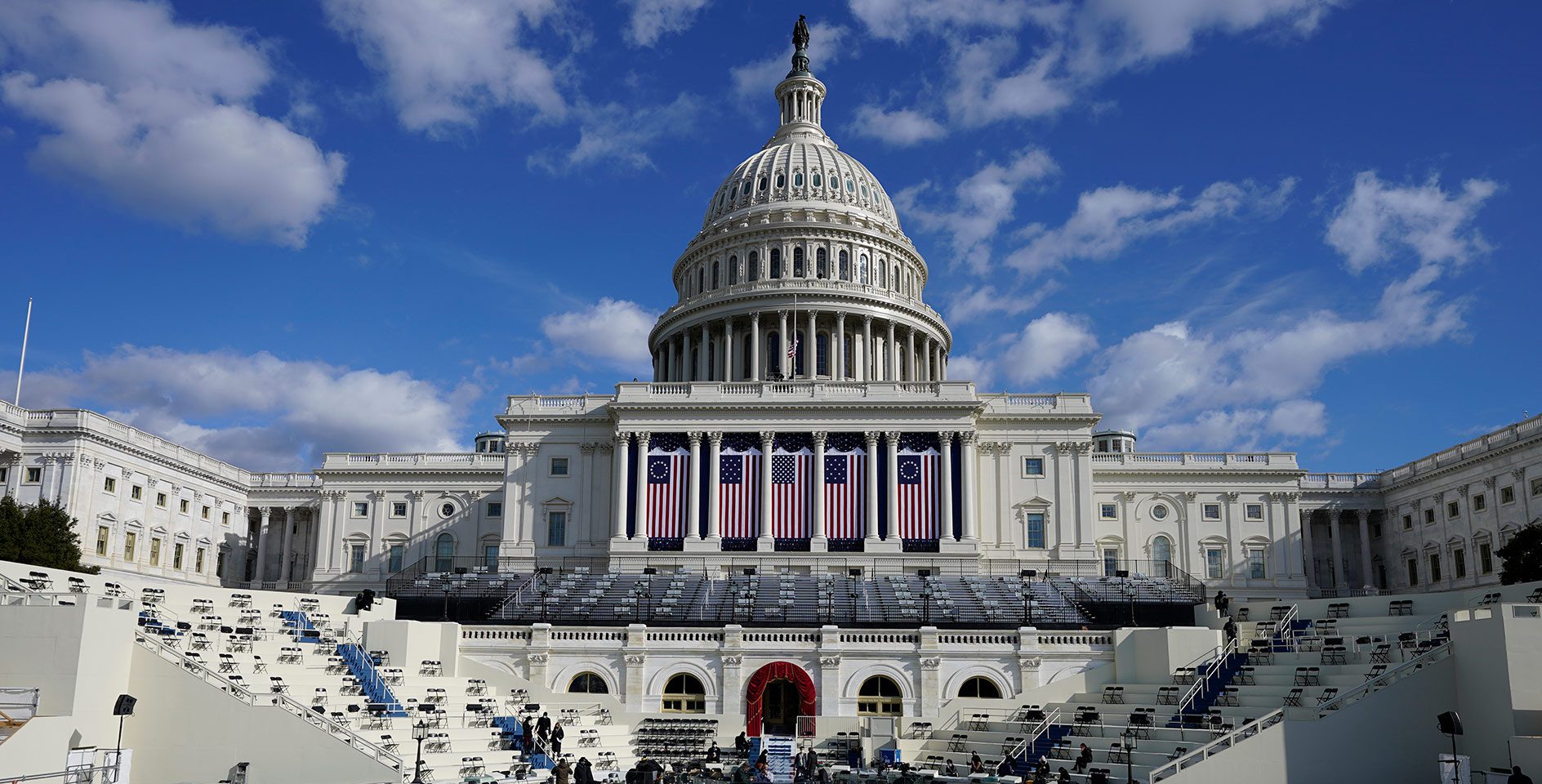The night Ruth Bader Ginsburg died, Russell Moore gave word to what many of us felt, that her passing “signifies an age of transition, a time of uncertainty.” Moore made the comment in a video standing outside his office where, moments before the news would break and change the night’s programming, he was set to join CNN to talk about pastoring during the pandemic.
Reflecting on the moment, Moore tied the night’s loss of Justice Ginsburg with the 2016 loss of Justice Antonin Scalia. He referred to them as titans of the right and the left and reminded us of their endearing friendship, “Let us look to their example of friendship, even as they had deep policy disagreements, as a model for our country moving forward.”
Today, Justice Ginsburg became the first woman and the first Jewish American to lie in state in the U.S. Capitol, one week after her passing. It feels further away because news moves fast these days. Each day closer to Election Day feels like our country has been pulled that much further apart. It’s easy to think of the pace of news in this environment like the ocean’s current, an outside force that tosses us to and fro. But political news moves at the pace its shared. We drive the news faster with our tweets and posts. We churn our collective attention span by clicking from one headline to the next as we lean further in the direction of our priors. Overtime, we’ve created totally different information silos from which we see the world.
The state of our national divide
Much has been written in recent years of our growing national divides. Political scientist Dave Wasserman coined the juxtaposition of “Whole Foods counties vs. Cracker Barrel counties” as a prism to understand how the growing cultural divide affects elections. For what it’s worth, I love dining in both.
Others includes Bill Bishop’s book, “The Big Sort,” chronicling the geographic shuffling of Americans into like minded clusters, and Cass Sunstien’s book, “Going to Extremes,” exploring how people’s ideological beliefs can grow more extreme when they cluster together. Jonathan Haidt dives deep into understanding why good people are divided on politics and religion in his book “The Righteous Mind.” And from an evangelical Christian perspective, David French of “The Dispatch” writes frequently on our national splintering with a new book out this week, “Divided We Fall.” French is doing critical work spotlighting how this “super clustering of like-minded citizens” is a bipartisan phenomenon that’s causing us to lose the ability to even know how to talk to one another when we disagree politically.
These social clusters and information silos are the soil in which tribalism develops and eventually can devolve into negative partisanship.
Writing for our Faith and Healthy Democracy report, an ERLC and Lifeway research project on evangelicals and the state of public discourse, Paul D. Miller describes this predicament, “Political tribes turn us from democratic citizens into mindless culture warriors. Simply put, we are making ourselves stupider and meaner.”
A different way
Thankfully, it doesn’t have to be this way. Justices Ginsburg and Scalia were icons for ideologically opposed corners of the electorate but their lives proved that friendship is an antidote for the contempt that too often accompanies political polarization.
The two lawyers served together as judges in the U.S. Court of Appeals for the D.C. Circuit in the early 1980s and then for nearly 14 years together on the bench of the U.S. Supreme Court. They were rarely on the same side of a ruling and would often dissent in fiery language to one another’s opinions. So how is it that she would say of him, “we were best buddies,” and he would say of her, “she was the best of colleagues, as she is the best of friends.”
Justices Ginsburg and Scalia were icons for ideologically opposed corners of the electorate but their lives proved that friendship is an antidote for the contempt that too often accompanies political polarization.
Christopher Scalia, one of the late justice’s sons, wrote of his father’s friendship this week in an opinion piece for Fox News. The younger Scalia recounted that their friendship seems so unlikely to some people that they ask him bluntly, “I hear they were friends – is that true?”
This wasn’t the kind of expedient friendship everyone knows is forced for appearances or agendas. They were family friends, vacationing friends, holiday-celebrating and hobby-sharing friends. Their spouses, Marty Ginsburg and Maureen Scalia, were close friends as well. They loved to cook and would do so every New Years Eve as the Ginsburg’s and Scalia’s made a tradition of dining together to celebrate. Christopher, in his piece, remembered those nights fondly, “This set of old-timers could stay up into the wee, small hours of the morning every year, out-partying their children.”
It’s evident in the recollections of Scalia’s son and others who knew them that their personal friendship was secure enough to sharpen their professional work as well. Christopher notes how Justice Ginsburg helped correct his dad’s typos and strengthen his arguments. Richard Wolf, writing in USA Today this week on this storied friendship, recounted a story Justice Ginsburg shared in her eulogy at Justice Scalia’s funeral, “When she was writing the court’s majority opinion striking down the Virginia Military Institute’s ban on admitting women, Scalia showed her his unfinished dissent. ‘It was a zinger,’ filled with ‘disdainful footnotes,’ she said. But I was glad to have the extra days to adjust the court’s opinion. My final draft was much improved, thanks to Justice Scalia’s searing criticism.’”
“The point is,” Christopher writes, “they didn’t let differing and deeply held convictions undermine their dear friendship.”
Our nation clearly admires the Scalia and Ginsburg friendship, but do we aspire to such friendship in our own lives? Do we have it within us to try to love that one neighbor of ours whose politics we find dreadful? Can we find the time to invest in a relationship with a co-worker outside the office? Are we willing to reach out to find shared interests with the person whose worldview seems alien to our own? Building friendship with people whose politics you don’t share takes effort, but there is so much more to life than politics.
Too often during the heat of an election year we choose not to just disagree with the way people vote, but to assume the worst about why they might vote differently than us. That’s tragic, especially within the church. In following Christ’s command to love our neighbor as ourselves, we may discover that we share more in common with our neighbor on the other side of the political aisle than our tribe would tempt us into thinking.
In his reflection Christopher Scalia shared a moving story to illustrate how he believed these two titans of the law mastered the balance of forceful political debate and a peaceful friendship. It’s a lesson we would all do well to consider in 2020.
“Judge Jeffrey Sutton, one of my father’s former clerks, tells a story about visiting my father at the Supreme Court on what happened to be Justice Ginsburg’s birthday. My dad had bought his old friend two dozen roses for the occasion, and Judge Sutton started teasing him, joking that there was no point to a gift like that when Justice Ginsburg had never sided with him in an important 5-4 case.
My father replied, ‘Some things are more important than votes.’”
Photo attribution: Karin Cooper/Getty Images North America



